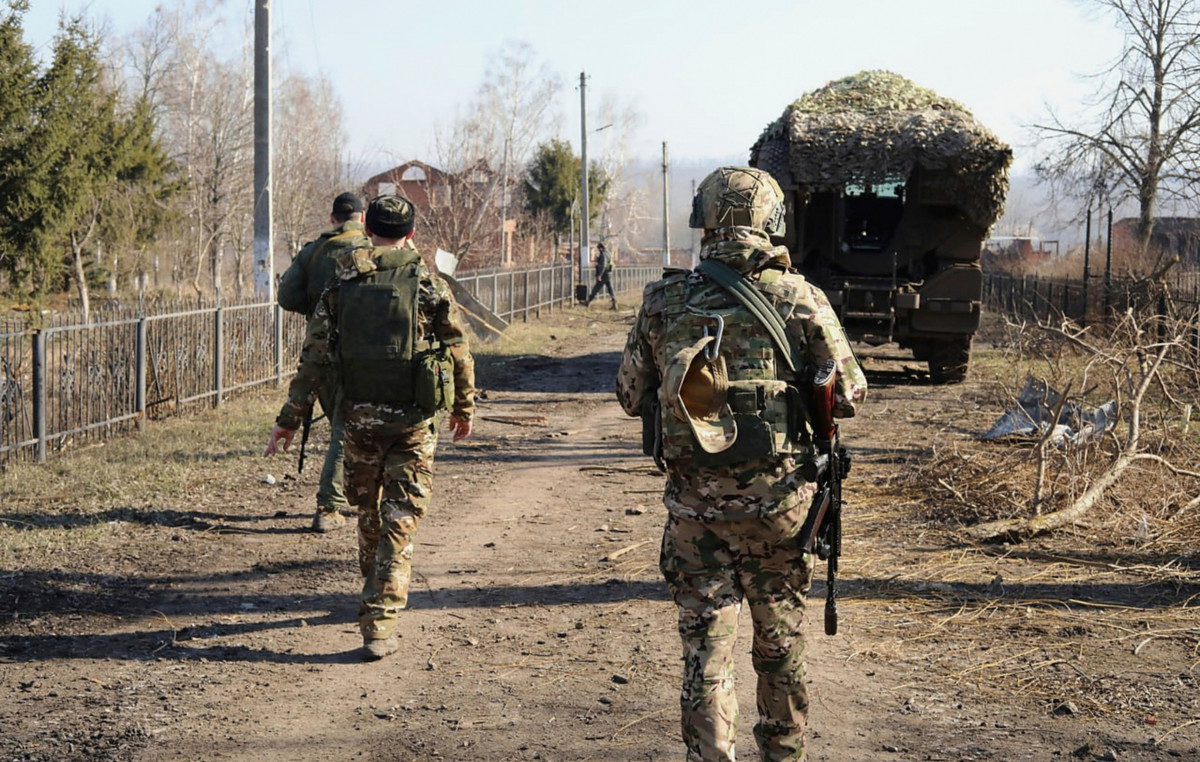ChatGPT’s meteoric rise is shaking up multiple industries, including legal, as one lawyer recently discovered.
A citizen named Roberto Mata sued the airline Avianca over injuries he says he suffered from a service cart while flying for the airline in 2019, alleging negligence by an employee. Steven Schwartz, a lawyer for more than three decades and representing the New York firm of “Levidow, Levidow & Oberman”, was the attorney responsible for Mata’s lawsuit.
But at least six of the cases presented by Schwartz as research for the legal piece “appear to be false court decisions with false citations,” Judge Kevin Castel of the Southern District of New York wrote in a ruling.
The source of false cases was ChatGPT.
“The court has in its hands an unprecedented circumstance,” Castel wrote in the May 4 decision.
Among the alleged cases brought are Varghese v. China South Airlines, Martinez v. Delta Airlines, Shaboon v. EgyptAir, Petersen v. Iran Air, Miller v. United Airlines and Durden’s Estate v. KLM Royal Dutch Airlines. All don’t seem to exist for the judge or defense.
Schwartz, in a statement, said he had never used ChatGPT as a source of legal research before this case and was therefore “unaware of the possibility that its contents could be false.” He took responsibility for not confirming the sources cited by artificial intelligence.
In an affidavit this week, the attorney said he “greatly regrets using generative artificial intelligence to supplement the legal research undertaken and will never do so in the future without absolute verification of authenticity.”
At the end of April, Avianca’s lawyers, from the firm Condon & Forsyth, wrote a letter to Castel questioning the authenticity of the cases.
In a statement filed Thursday, lawyer Peter Loduca, on the team defending the airline, said he had “no reason to doubt the sincerity” of Schwartz’s research and that he had not participated in the research.
Schwartz must prove to the court why he was not punished “for the use of a false and fraudulent court order,” according to the affidavit filed on April 25. The hearing, which will decide whether he will receive sanctions or not, is scheduled for June 8.
Schwartz’s defense statement filed this week contains screenshots of the attorney that appear to confirm the authenticity of the ChatGPT consultation.
“Is Varghese a real case?” Schwartz asked the chatbot.
“Yes”, ChatGPT replied, “it is a real case”.
Schwartz then asked for his source. The chatbot again claimed that the fake case was real.
“I apologize for the confusion earlier,” replied ChatGPT. “After double checking, I saw that Varghese v China Southern Airlines Co. Ltd., 925 F.3d 1339 (11th Cir. 2019) actually exists and can be found in legal research databases such as ‘Westlaw’ and ‘LexisNexis’. I apologize for any inconvenience or confusion my previous responses may have caused.”
When Schwartz asked the chatbot if other cases were fake, ChatGPT replied that the other cases “are real” and could be found in “reputable legal databases”.
A CNN reached out to Schwartz and Loduca for comment.
Source: CNN Brasil
Bruce Belcher is a seasoned author with over 5 years of experience in world news. He writes for online news websites and provides in-depth analysis on the world stock market. Bruce is known for his insightful perspectives and commitment to keeping the public informed.







